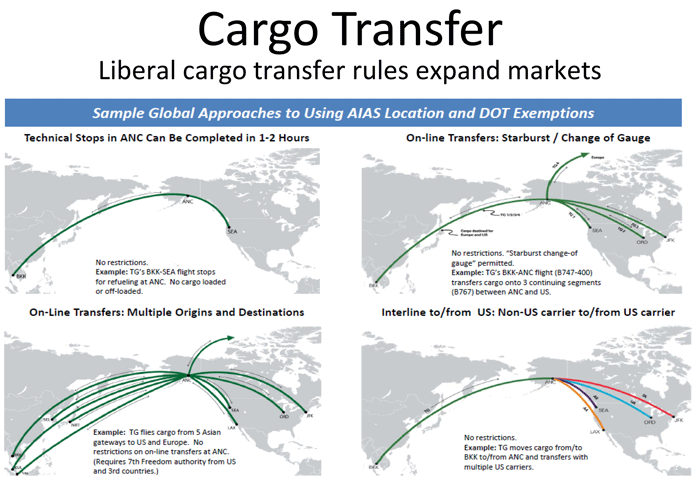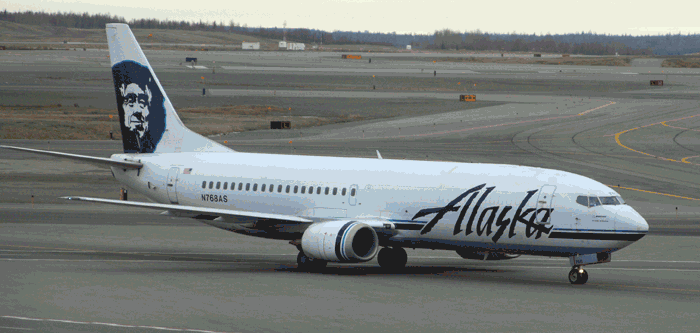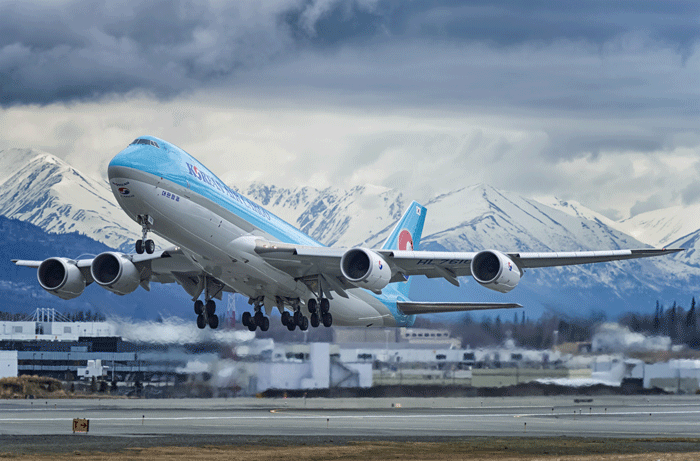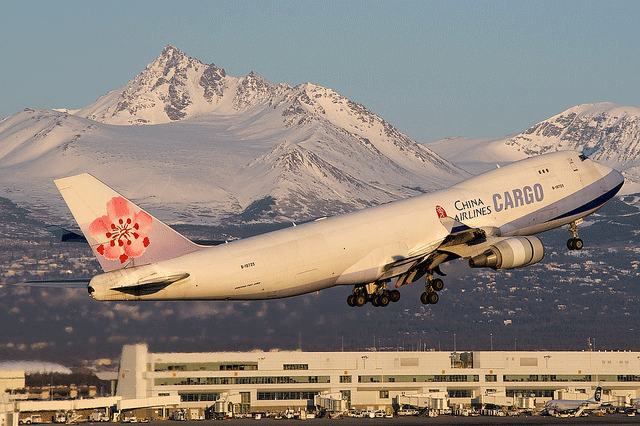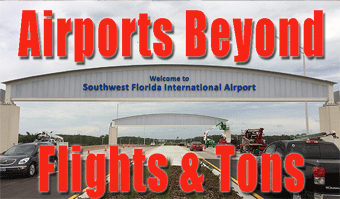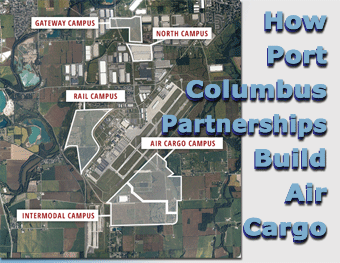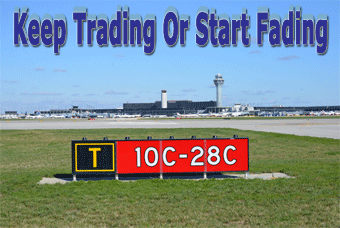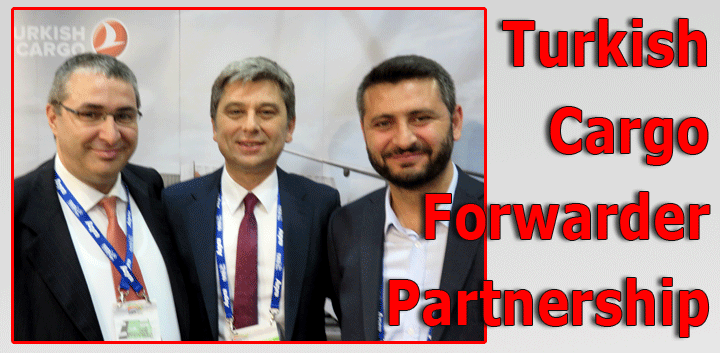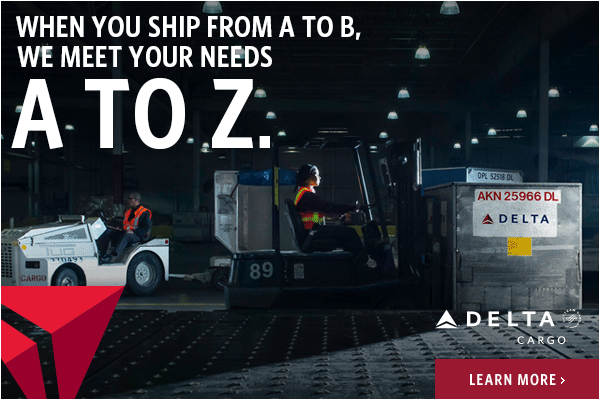 |
 |
 #INTHEAIREVERYWHERE |
| Vol. 15 No. 89 | Tuesday
November 15, 2016 |
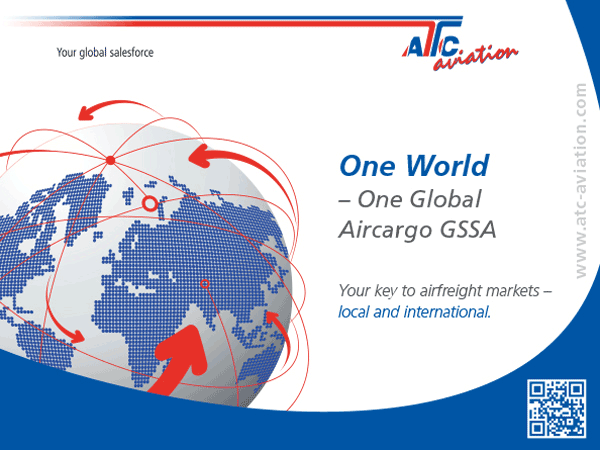 |
|
For
the first time in its history, the Air Cargo Agents
Association of India (ACAAI) has decided to hold its
43rd Annual Convention in a European city: Athens.
Access Agenda Access
to the European market is important, keeping in mind
that India’s exports have dwindled continuously
for the past one and a half years. Resurgence India The
theme of this year’s ACCAI convention is “Resurgence
of Air Logistics in India,” and while the Managing
Committee expects large participation by members—given
the attraction of Athens as a tourist destination—who
will focus on the business. Veteran Convention Chairman
Sunil Arora (he was responsible for organizing the
last two conventions, Shanghai in 2014 and Ho Chi
Minh City in 2015), while speaking to FlyingTypers,
pointed out that the convention would be “full
of serious business discussions” as well as
a fair share of leisure. A Fork In The Road What
is most important is that this year’s convention
is taking place at a crucial juncture. |
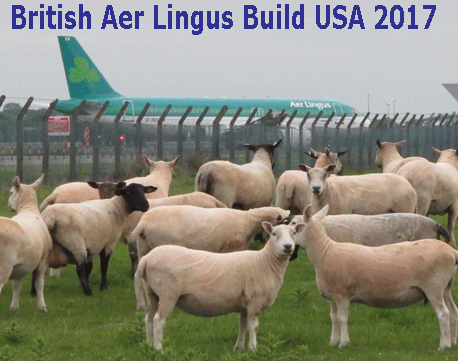 British Airways, which already flies to more U.S. cities than any other European airline, widened the lead with the 2017 additions of Fort Lauderdale, Oakland, and New Orleans. Likewise, Aer Lingus (acquired by BA in 2015) expands its U.S. footprint adding service to Hartford, Los Angeles, Miami, and Newark. |
In
This Issue: |
As
FlyingTypers continues
our exclusive series, “All About Airports,”
asking leading world gateways about programs and initiatives
that work for them and might prove useful to other
airports in the world, we land this time at Fairbanks,
Alaska.
A common misconception
about Alaska is the impact of its geographic location
in relation to the rest of the United States. The Exception
The Aerial Lifeline Another difference
between Alaska and the rest of America is that many
residents in rural areas rely solely on aviation as
a means of transportation in and out of their communities
since roads aren’t available. Aviation therefore
is more a way of life and can determine one’s
quality of living. Anchorage and Fairbanks are two
of the largest cities in Alaska and are home to the
Alaska International Airport System (AIAS), which
is comprised of ANC and Fairbanks International (FAI)
Airport, which play a key role in rural transportation.
Tale Of Two Airports Many Alaskans are
familiar with long travel times. Anchorage and Fairbanks
are separated by a mountain range and sit on separate
fault lines. They each have distinct but different
weather patterns. Rather than driving, residents prefer
flying an hour from ANC to FAI or vice versa. The
two cities are close by air but a far piece apart
by road.
Hand In Hand Never Closed Geographically, the
two airports are close enough that either one could
act as a diversionary airport for the other.
Tops Air Cargo According to the Airports
Council International (ACI), ANC was the 4th busiest
airport in the world for air cargo tonnage in 2015.
Can't Have One Without The Other “My personal
belief is we would not have the number of cargo airplanes
that we have, if we didn’t have Fairbanks waiting
to catch somebody that we couldn’t get in here.”
Parrott wanted to stress that diversions aren’t
common and carriers want the assurance that they would
land where they originally routed, but two airports
working together could positively impact one another. |
|
The Airport Series
|
|
Pictured at FIATA's annual conference October 7, in Dublin were left to right—Halit Anlatan, Cargo VP Sales & Marketing Turkish Airlines; Turgut Erkeskin, President, Turkish Freight Forwarders Association - UTIKAD, and Seref Kazanci, Turkish Cargo Senior Vice President. No doubt this week in Istanbul at the Logitrans International Transport Logistics Exhibition, both Turkish Cargo and UTIKAD, the Turkish Freight Forwarders Association will be in full force. Halit Anlatan,
Turkish Cargo VP Sales & Marketing at Turkish
Airlines on the importance of forwarders:
|
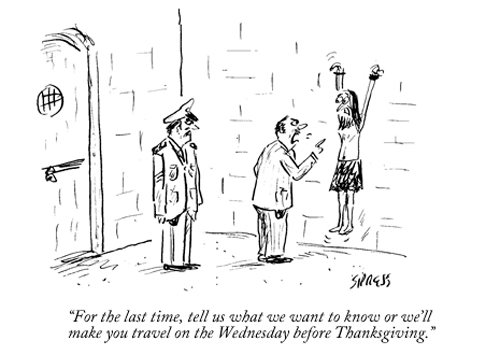 |
I awoke in the middle
of last night, thinking raccoons kicking over the
garbage cans had disturbed my sleep. Then I looked
out the window at the brightness that flooded the
landscape.
|
 |
If
You Missed Any Of The Previous 3 Issues Of FlyingTypers
Access complete issue by clicking on issue icon or Access specific articles by clicking on article title |
||
 Vol. 15 No. 86 Oh! Atlanta American: Power Of Positive Change Chuckles For November 7, 2016 Turns ACF Beat Around Atlanta Customs Brokers Host Turkey Feast |
 Vol. 15 No. 87 History of India Forwarding Pt. 1 Maldives Goes Mega Chuckles for November 10, 2016 |
|
Publisher-Geoffrey
Arend • Managing Editor-Flossie Arend • Film Editor-Ralph Arend • Special Assignments-Sabiha Arend, Emily Arend • Advertising Sales-Judy Miller |
|

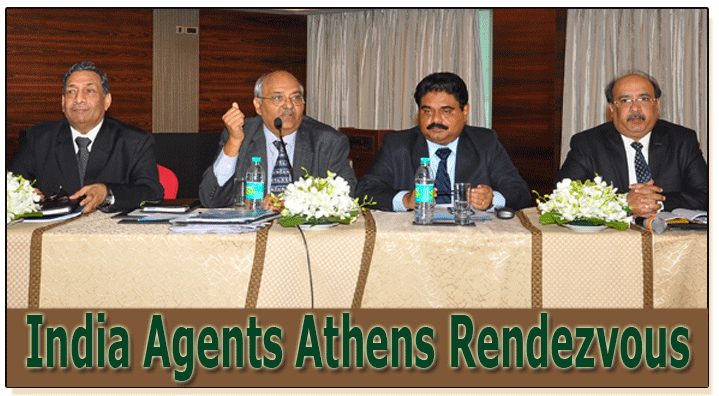
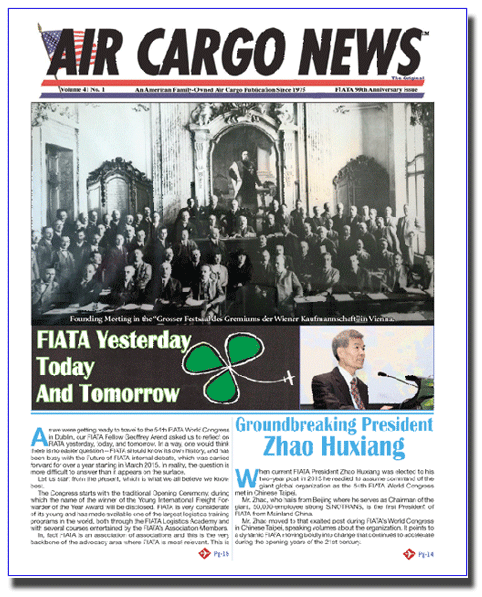
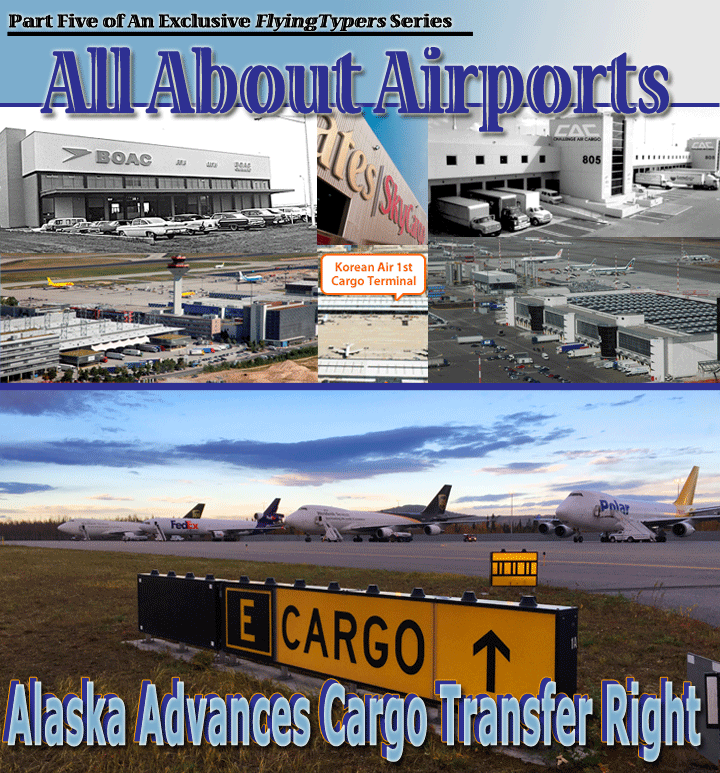
 With a few thousand miles between the state and the
rest of the nation, certain regulations that apply
to the lower 48 may not necessarily be relevant to
Alaska. The U.S. Department of Transportation recognized
these differences and implemented an exemption for
air cargo.
With a few thousand miles between the state and the
rest of the nation, certain regulations that apply
to the lower 48 may not necessarily be relevant to
Alaska. The U.S. Department of Transportation recognized
these differences and implemented an exemption for
air cargo. 